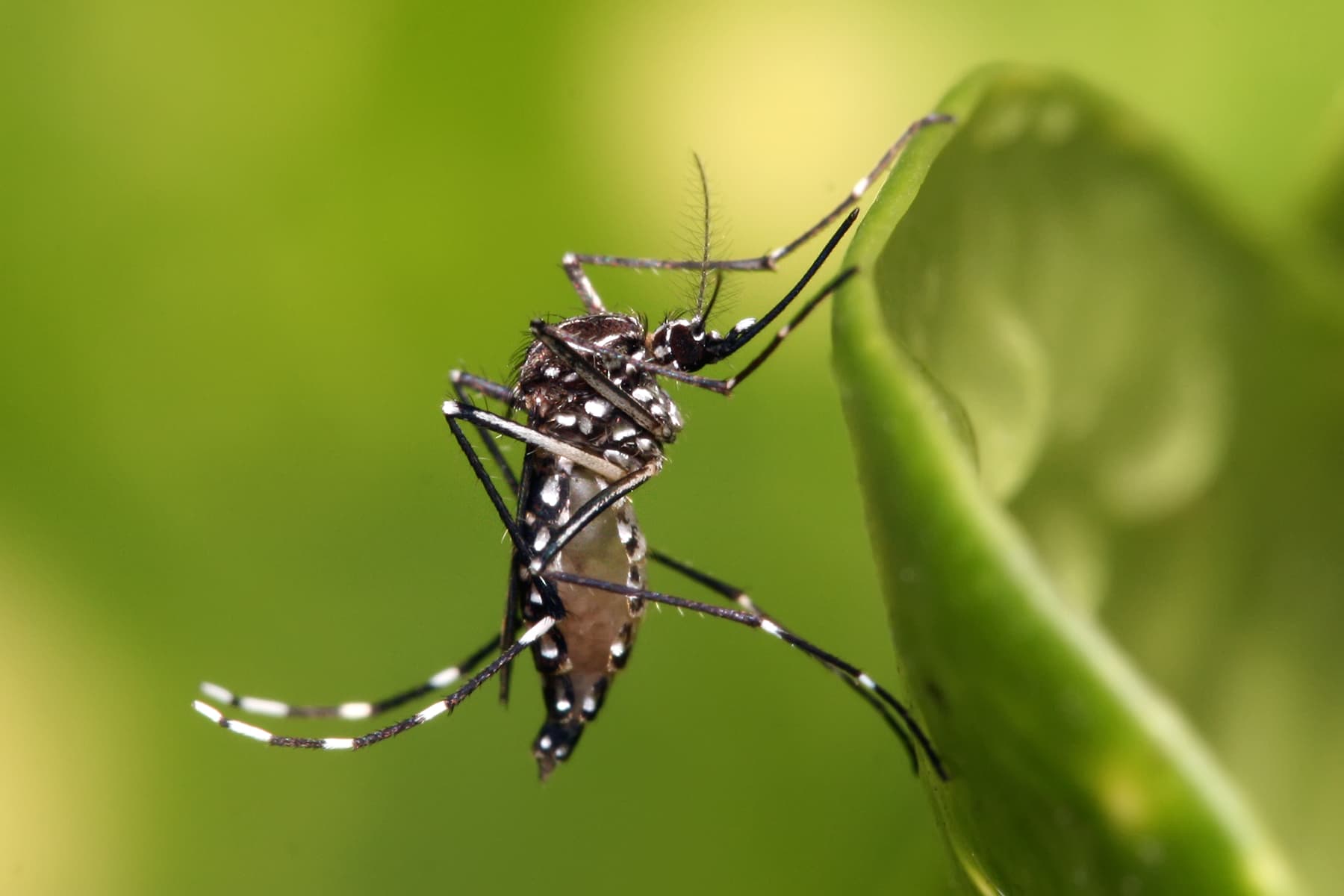Exotic Mosquito-borne Illness Arrives in the United States
OutdoorHub Reporters 07.20.14

Summer has always brought the specter of mosquito-borne diseases, and health officials confirmed last Thursday that a new, debilitating virus has officially—and finally—arrived in the United States. According to USA Today, the Florida Department of Health confirmed two locally-acquired cases of a disease called chikungunya. The virus, first discovered in East Africa in 1955, is similiar to dengue fever and can cause extreme joint pain, fever, and muscle aches. Although the disease is not considered life-threatening by experts, symptoms can last for weeks and are described as excruciatingly painful.
The two cases of chikungunya in Florida mark the first time that the disease has been transmitted locally by native mosquitoes. Health officials suspect this happened when one of the infected individuals returned from the Caribbean with the disease and was bit by an uninfected mosquito, which then transferred the virus. The disease is not directly contagious between humans. The Centers for Disease Control (CDC) estimates that between 25 and 28 travelers bring the disease to the United States every year, but do not subsequently transfer the disease.
“It was just a matter of when. We are prepared in the Keys and have been prepared for some time to deal with chikungunya,” Steve Smith, the chairman of the Florida Keys Mosquito Control Board, told CNN. “From what I am seeing, I’m sure there are more cases out there that we don’t know about. It’s really a matter of time.”
In fact, isolated cases of chikungunya have been previously reported in 31 states. The CDC warns that the warm, tropical areas of Florida and nearby states are most susceptible to the spread of the virus, but the disease itself should pose little risk due to its low incidence of fatalities.
“There is no broad risk to the health of the general public,” said Celeste Philip, Florida’s Deputy Secretary for Health.
Still, the ability of the virus to cause debilitating pain may cause more people to step up their mosquito-bite prevention measures. The CDC recommends simple steps like applying insect repellent, covering up, avoiding mosquito-heavy areas, and eliminating pools of stagnant water where they can breed.

